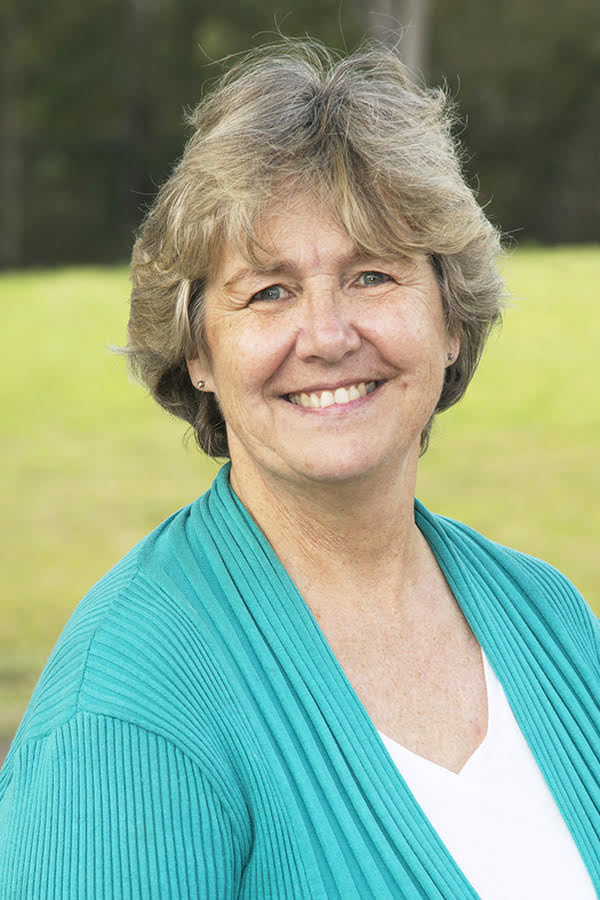In 2013, I was privileged to travel to the UK to visit schools that have a different approach to children’s learning. These are places where children are at the centre of all learning endeavours, also known as ‘Forest Schools’. As a teacher who is a life-long learner, this small glimpse was never going to be enough. My journey took me to the UK twice in 2018 and 2019 to spend time with like-minded learners from all walks of life who were passionate about facilitating resilience, collaboration, and cooperation in themselves and, in turn, to the young people in their care.
Richard Louv authored a book called The Last Child in the Woods. His term for our lack of connection to the natural world is ‘nature-deficit disorder’. I was seeing this in the youngest of students who were unsure of themselves in the open space of a forest or bushland. Children who were afraid to touch mud, climb a tree or explore their surroundings. When I was young, it was normal to spend hours outside. I remember living in Sydney, floating home-made boats down rain-filled gutters and building billy carts to annoy the neighbours by rattling up and down our local streets. I’m sure as an adult I also suffered with ‘nature-deficit disorder’. I had forgotten the joy of surrendering my senses to the sounds of nature, to explore, discover and marvel at God’s amazing creation.
Having gained my Level 3 Forest Schools Practitioner award during 2018-19, I began my journey with Adventist Schools Victoria where we trialled a ‘Bush School’ program with the Foundation class (5-year-olds). What we found was that these children became more responsive to their surroundings and each other. They learnt how to jump in puddles, climb trees and study creation first-hand. Even as an experienced educator of 30 years, I was surprised at the change in these children after just a few short weeks of Bush School. I have continued the concept at Manning Adventist Bush School over the last two years where I am a teaching principal.
Manning Adventist Bush School is the only one of its kind across Adventist Schools Australia. It is a place to develop relationships, learn new skills (fire and tools), climb trees, build dens, play in mud and water and be a child again no matter your age. I have several students at my school that have poor mental health; one student’s anger calms in the Bush School space, a young girl with selective mutism finds her voice amongst the grass and trees. Students with ASD find their place in the soft rocking of our net hammock and mud invites creative and imaginative play. In my 30 years as an educator, this is by far the most exciting, life-changing adventure of my career.
Maybe we are not so far from that young child who floated boats in the rain all those years ago. Maybe we just need to be reminded of who and where they are: inside all of us, longing to be set free.


1 comments
Dianne, it is a joy to see 20+ pre-school children decked out in waterproof pants, jackets and gumboots walk past my office twice a week for ‘Bush Kinder’ at Nunawading Christian Collge, Victoria. Their smiles are contagious and their curious minds share stories of bugs, mud and worms that they discovered. I do think that the muddier they are the greater learning has happened. Thank you for introducing this concept and promoting the opportunity for children to discover their ‘whole world’ in various ways.